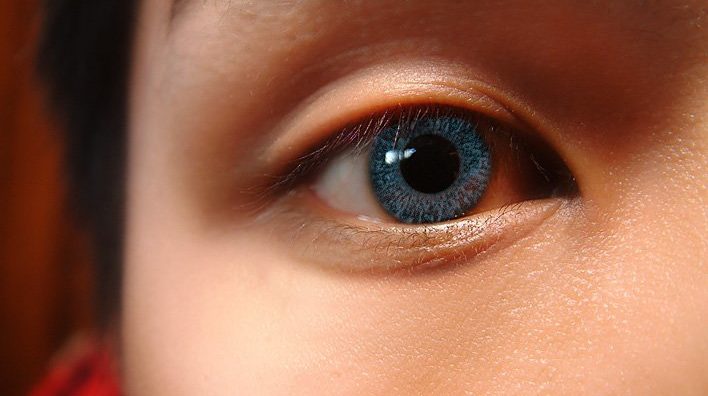“Life, like all other games, becomes fun when one realizes that it’s just a game.”
-Nerijus Stasiulis
—
Without a doubt, this is the single most important thing I have ever learned. And maybe also the simplest.
For me, this started everything; once I mastered this little trick, the shell of the small world I had been living in for 21 years began to crack and crumble.
If I never learned this, I wouldn’t be in a New York coffee shop writing a post for a self-growth blog.
All because I started looking people in the eye as I passed by them. And not looking away.
–
I only realized it after the fact, but I used to be so insecure that I was afraid to make prolonged eye contact with people everywhere, even my friends. At the time, I probably considered this a rude gesture (like in many Asian cultures).
Coincidentally, I also felt at the time that just about everyone in the world was more confident than I.
Then I learned a game.
The object of the game was when walking around campus, the grocery, wherever- I was to try and make eye contact with every person I could, and keep my gaze locked on their eyes until they looked away first.
Wait, isn’t that ridiculous creepy? Don’t I always overhear girls talking about guys awkwardly staring at them from across the room?
Yes. But only when you make eye contact, break it away rapidly when the girl catches your glance, then return it when she looks away again, and repeat. The secret is in the calm, confident hold.
Without saying, this was extremely uncomfortable at first, and I could only do it for fleeting instances as people were about to pass me or with cashiers who had to take their eyes off me anyway.
My worst fear in this was that I would do this to the wrong jock-type or diva on the wrong day and end up getting my ass kicked, face slapped, or otherwise humiliated in public.
Of course, this never happened. But a funny thing did occur- these people were often the first to dart their eyes to the ground, almost as a silent apology for returning my hardened stare.
I quickly began to realize just how insecure everyone is.
It sounds ridiculous to me now. Humans- in general- are afraid to look at each other.
Maybe one out of every 25 people I come across will return the locked gaze. I have zero data on this, but I am sure if I was going to quantify these people, I believe the return would show that these people lead what are widely considered to be successful and happy lives. I believe this is the ultimate secret to the proverbial ‘cool club’; what separates the boys from the men.
And when that gaze is returned?
If it’s a fellow guy, it usually leads to a nod or “sup” of mutual respect, and that’s it. And if it’s a girl? It’s the biggest instant charge of mutual attraction there is. She instantly knows you know ‘what is up’, and are a man in control of both yourself and the situation. Add in a little smirk like you know something everyone else in the room doesn’t and you are a force to be reckoned with.
Looking people in the eye will get you a job, get the girl, get a drink at the bar, and just about everywhere you want to go in life.
What is the single most important thing you’ve ever learned?

